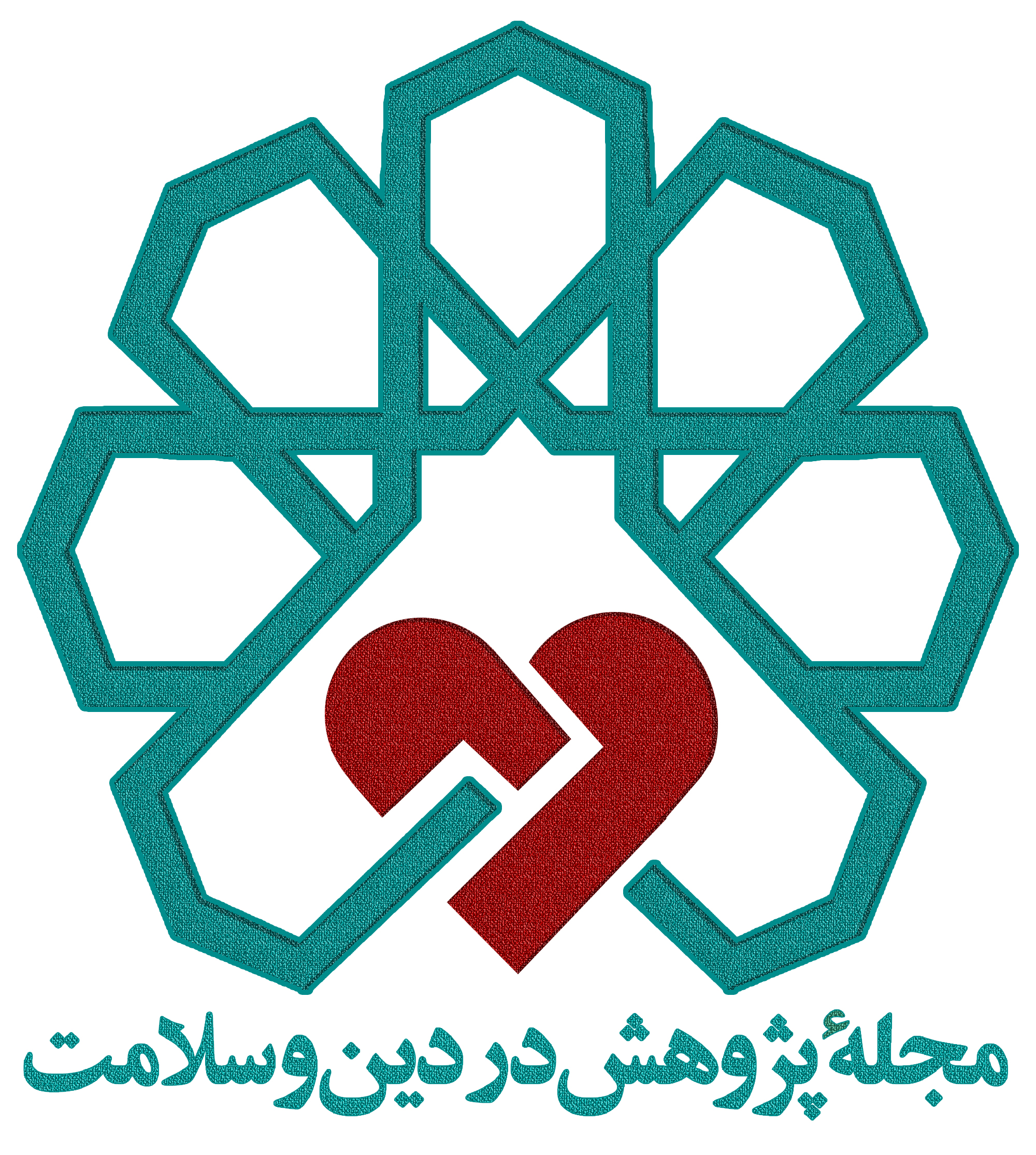Background and Objective: Today, the number of abandoned women and the women with bad husbands is increasing in the world for different reasons. Most of these families have many problems leading them to be known as a vulnerable group that is faced with many mental problems. The present study attempts to examine the relationship between the three variables of spiritual health, family integration, and identity in the women with no or a bad head of the household.
Methods: The present study is descriptive-correlational. The statistical population of the study included the employed housewives with no or bad heads of the household (n=1013), who were under the support of the Welfare Organization of Alborz province in Iran in 2019-2020. Finally, 285 women were selected under four sub-groups: employed women with bad heads of the household, employed women with no head of the household, housewives with no head of the household and housewives with a bad head of the household. In this study, all ethical considerations were observed and the authors reported no conflict of interests.
Results: The findings showed that in the women with no head of the household, a significant and positive relationship existed between spiritual health and family integration (P<0.01, r=0.39) and there was a positive relationship between spiritual health and successful identity styles (P<0.01, r=0.24). Furthermore, the relationship between spiritual health and identity styles was statistically significant. In the housewives with a bad head of the household, the relationship between spiritual health and successful identity styles was significant at 0.05 and positive (P<0.05, r=0.24). In the employed women with a bad head of the household, spiritual health had a significant and negative relationship with the ‘disturbed’ identity style (P<0.05, r=-0.60). In the housewives with a bad head of the household, spiritual health was found to be significantly and positively correlated with family integration (P=0.01, –r=0.49).
Conclusion: The findings show that there is a significant and direct relationship between spiritual health and family integration and identity styles. Improving spiritual health in women with no or bad head of the household will be effective in reinforcing family integration; the fundamental effect of spiritual health as a major source of identity creation in the society particularly in a religious society such as Iran, will have a very important role.

